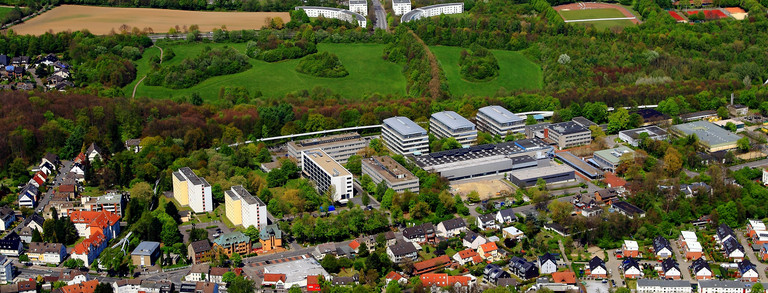Research
The working group of spatial planning and planning theory deals with interdependencies between spatial development processes and societal governance processes at the supra-local level (regional, state-wide, national and transnational). The research activities are based on the assumption that spatial planning as an applied science aims not only at descriptive, explanatory and prognostic research of spatial phenomena (cognitive knowledge goal), but also at supporting spatial planning and decision-making processes (normative knowledge goal). The starting point is the question of how to design appropriate strategies and instruments in order to implement the maxim of sustainable urban and regional development. In particular, the focus is on integrated management approaches to enable local and regional actors to act strategically.
The work contributes to a better understanding of how the production of spatial order is linked to the decision-making of social actors. Particular emphasis is placed in the research on a spatial science-interdisciplinary perspective and the interfaces of planning science with engineering and environmental sciences on the one hand, and social sciences and economics on the other. Theoretically integrating approaches are seen primarily in planning and action theory paradigms. The concepts of 'planning' and 'action' provide a link between physical-material conditions, individual perceptions and the social world. This offers possibilities to connect material consequences of action and constructivist interpretations of the world in the context of a coherent model of thought.
The working group’s research focuses on application-oriented work in five thematic fields:
- Spatial planning: instruments and procedures of state and regional planning
- Strategic planning: contents, processes and contexts of strategic spatial planning for cities and regions
- Metropolitan research: issues of governance and development of polycentric metropolitan areas, metropolitan governance and city-regional transformation processes
- Urban restructuring: strategies of urban and regional redevelopment in the context of demographic change, river restoration and urban regeneration, international comparative research on old industrial regions in Europe, North America and East Asia
- Planning theory: reflection of planning practice and discourses on planning theory, issue attention cycles in planning research
With this orientation the working group adapts to the research profile of the School of Spatial Planning. Thus, a close interdisciplinary cooperation with other disciplines at TU Dortmund is facilitated and the interconnection of planning-scientific research regarding ecological, engineering, economic and political subjects is promoted.
• Ongoing projects of the Department of Spatial Planning and Planning Theory
• Completed projects of the Department of Spatial Planning and Planning Theory



